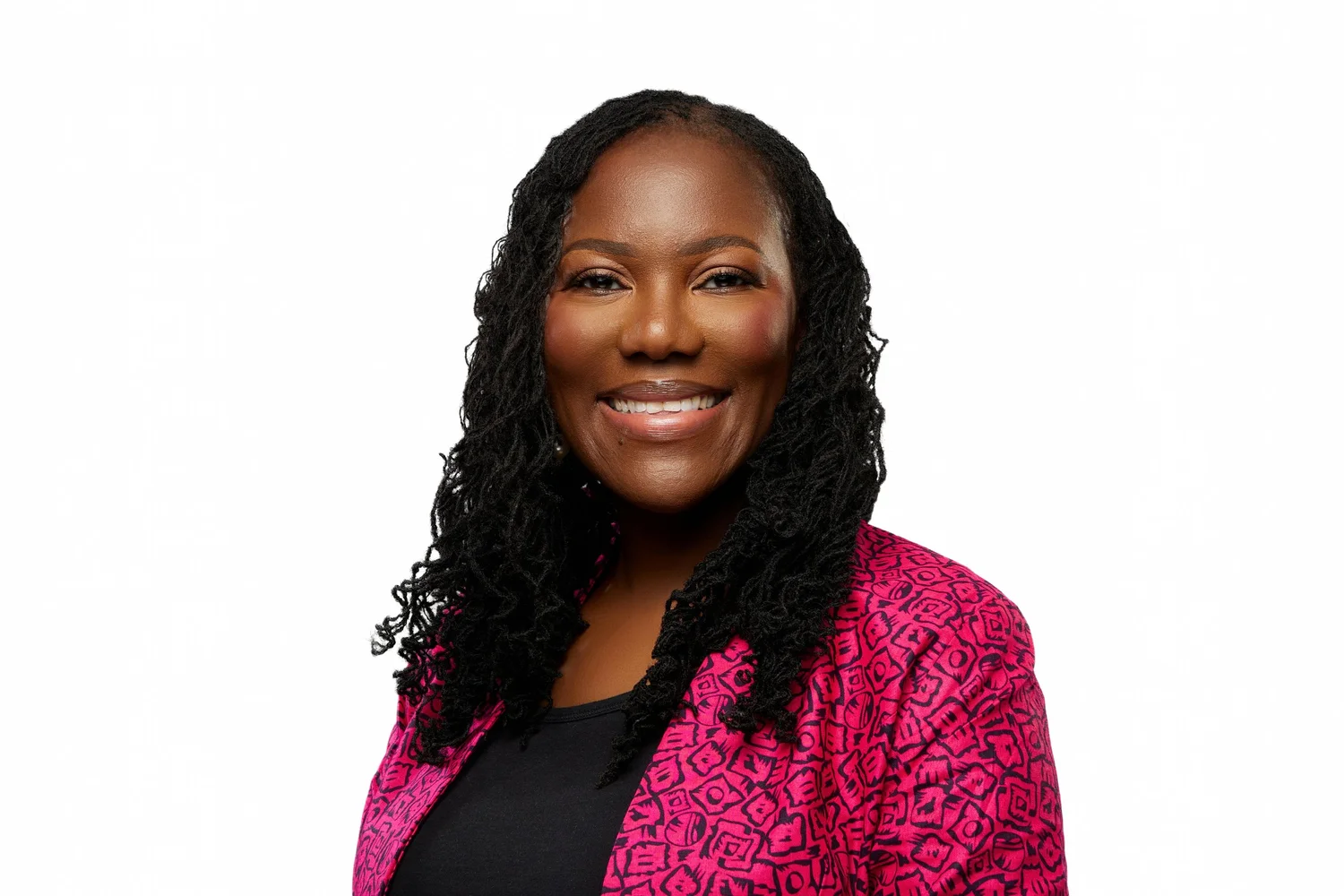March is the month of the year dedicated to recognizing women whose contributions to society too often go unnoticed. In honor of Women’s History Month, I use this space to acknowledge the activism and leadership of working-class black women in Mississippi who transformed a federal early childhood education program into an opportunity to challenge white supremacy in “the most southern place on Earth.” Over the last two years, there have been many commemorations celebrating passage of the 1964 Civil Rights Act and the 1965 Voting Rights Act. While these pieces of legislation were crowning achievements of the African American freedom struggle, black Mississippians kept their hands on the freedom plow. They did so because rather than desegregate public facilities as the 1964 civil rights bill mandated, many business owners in Mississippi simply closed their doors. AFTER Congress passed the 1965 Voting Rights Act and federal voter registrars came into the South, white supremacists killed Vernon Dahmer in 1966. Dahmer was a black man from Hattiesburg who had the audacity to encourage African Americans to register to vote.
Black women in Mississippi understood all too well that civil rights legislation alone could not improve their lot. Many of them turned to Project Head Start, an early childhood education program created in 1965 as part of the War on Poverty. These women created the largest inaugural Head Start program in the nation, the Child Development Group of Mississippi (CDGM), and used CDGM to improve their lives and the lives of their children. CDGM operated from 1965 until 1968 and employed more than 2,500 black women. Head Start did not originally require its teachers to have formal teaching credentials. Thus, black women who had previously worked as domestics or are agricultural workers earning $3 per day chopping cotton began making $75 per week as Head Start teachers. These jobs bettered their standard of living and gave them the financial freedom to continue their civil rights organizing.
For example, Mrs. Hattie Saffold secured CDGM employment and then enrolled her daughter in the previously all-white elementary school in Durant, MS. Segregationists attempted to intimidate Mrs. Saffold by posting her name on fliers around town, but she would not be moved. She did not worry about job termination because she was employed by the federal Head Start program. Mrs. Alice Giles of Indianola also found that Head Start gave her greater financial freedom to agitate. Klansmen had already bombed the Giles’ property in May of 1965 because of the family’s civil rights work, but Mrs. Giles remained undeterred. As a Head Start teacher, she took one of her sick students to a medical doctor’s office and sat in the white waiting room. On that hot summer day in 1965, she taught her student that he had a right and a responsibility to challenge segregation. Stories abound of CDGM women using the financial freedom of Head Start employment to challenge racial segregation and black disfranchisement.
The Head Start program allowed black women to give their children quality educational opportunities, healthcare, and nutritious meals. As one mother explained, “CDGM is something that our children have never had before. We are a race of people who never had anything for our children except standing around at the end of cotton fields.’’ CDGM was a chance for mothers to give their children a head start, a healthy start, and a fair start in life. Many black children saw medical doctors for the first time and had two hot and balanced meals throughout the week.
Not everyone celebrated CDGM's successes and connection to the movement. The white power structure worked tirelessly to defund the program. If you want to learn more about CDGM women and the opposition they faced from segregationists, pick up a copy of A Chance for Change: Head Start and Mississippi’s Black Freedom Struggle.



